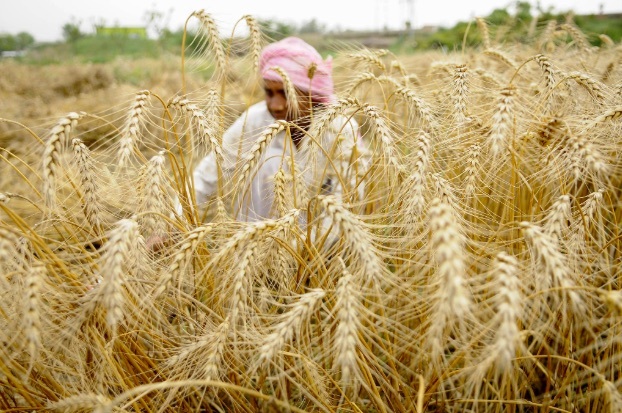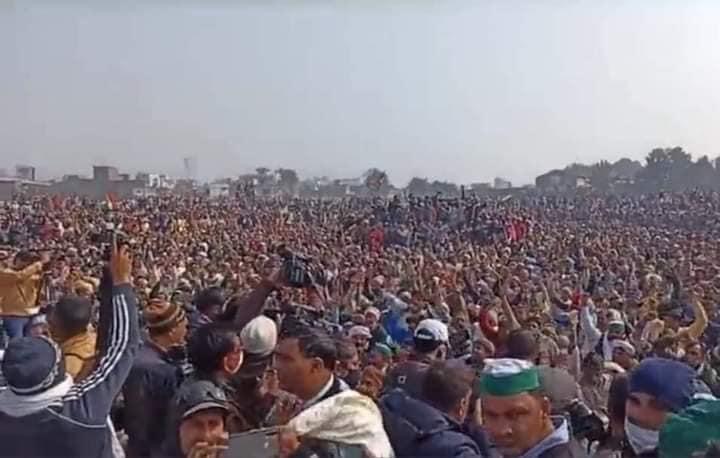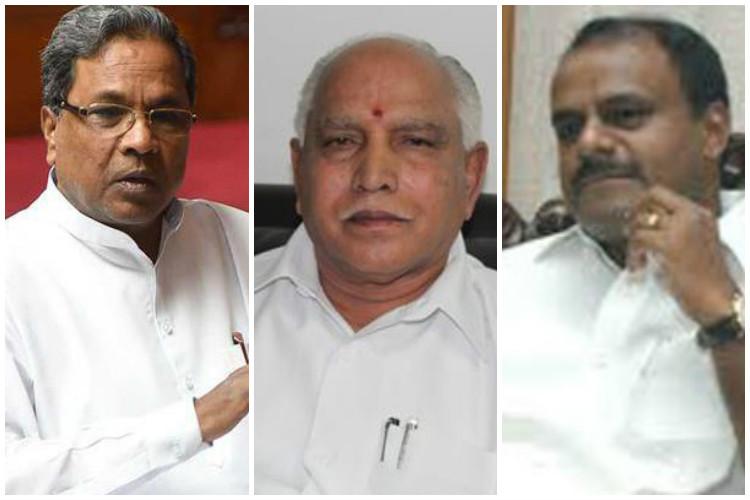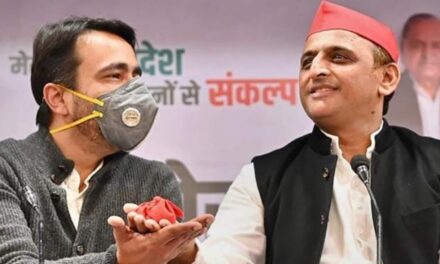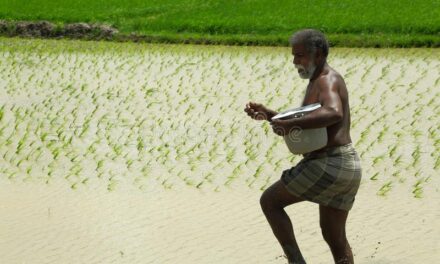North India wheat production in 2020-21 is estimated to be at an all-time high of over 106.21 million tonnes due to record acreage in all major growing states, mainly Madhya Pradesh due to the policies of Just resigned Kamal nath led congress Government .
However States in North India has planned to purchase only 40 million tonnes of wheat from farmers in 2020-21 marketing season that started in April.
Punjab hopes to procure around 14 million tonnes, while Madhya Pradesh has targeted to purchase 10 million tonnes and UP another 5.5 million tonnes. Haryana has planned to purchase around 7.5 million tonnes of wheat.
Together these four states account for over 90 per cent of the country’s annual wheat purchases at a fixed minimum support price.
Reacting to the policies of Center government and its states that accounts just 40% of the products farmers fear the worst
[splco_quote]“How does the government think it can limit the daily wheat purchase to just 50 quintals per farmer in Punjab,’’ asks an angry Ghuman Singh, a farmer from Nabha area in Patiala.[/splco_quote]
He’s puzzled like many others because when a combine harvester (a machine designed to harvest a variety of crops) runs, it cuts wheat covering around 30-40 acre in one go, yielding up to 600 quintals.
The 50-quintal rule must change, he insists while getting ready for the country’s annual wheat procurement under an extraordinary lockdown to control the spread of coronavirus. Punjab, Uttar Pradesh and Madhya Pradesh are set to start the wheat procurement process on Wednesday, while Haryana will begin five days later.
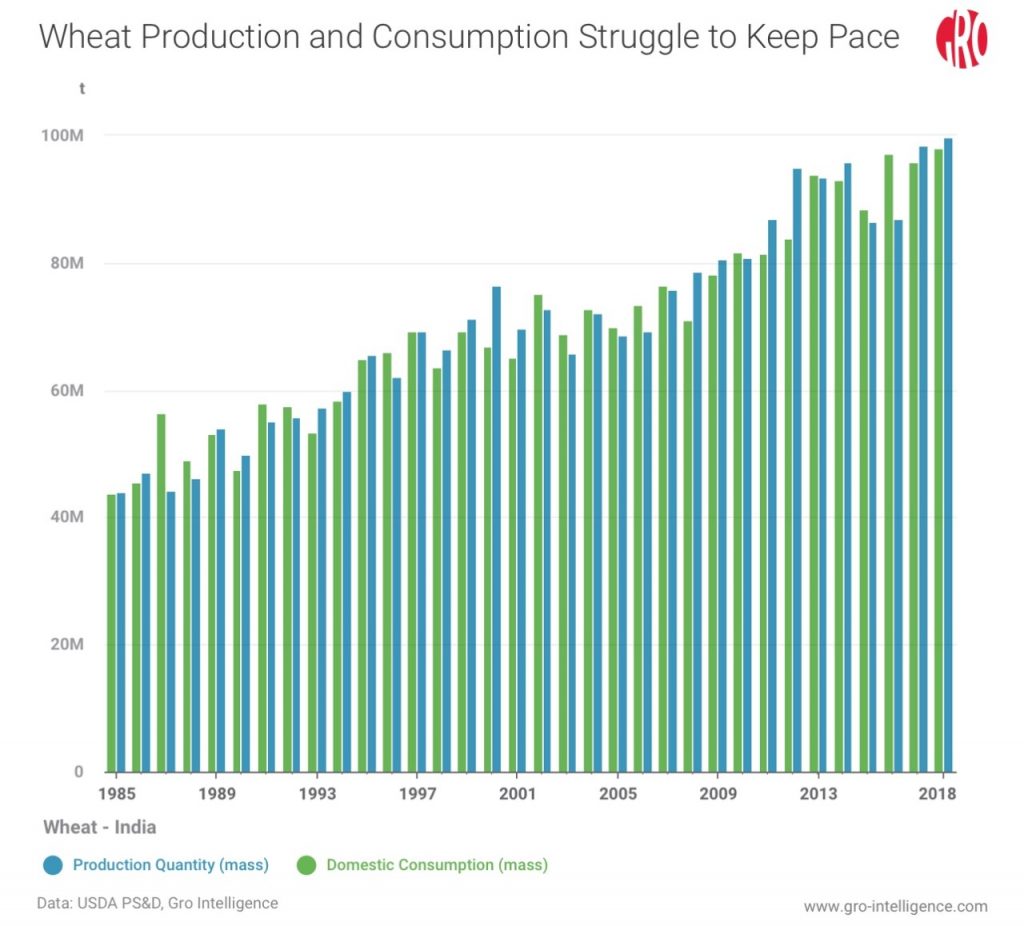
Punjab, in the last few days, has issued 2.7 million coupons to farmers for bringing wheat crop to mandis, while the number of purchase centres has been increased to around 3,691 in the state. This has been done by converting 1,824 rice mills into wheat procurement centres to avoid over-crowding.
A farmer shall be entitled to take multiple coupons each day or on different days depending on space in the purchase centre in order to avoid rush in the mandis, according to official guidelines.
[splco_quote]A few days ago, there were reports that ‘arthiyas’ (Commission Agents), who are an integral part of the procurement mechanism in Punjab, are threatening to go on strike as their dues had not been cleared. “If that happens, the procurement process will be further impacted,” Singh points out. [/splco_quote]
Singh, who’s also a functionary of the Bharatiya Kisan Union (BKU)-Rajewal faction, believes that several of the decisions taken by states and the central government in the last few days to smoothen the wheat procurement operations, the biggest such exercise involving major north Indian states, need a review so that farmers don’t have to face an ordeal.
The commission agents charge 2.5 per cent of the MSP under the Mandi Act in Punjab. “Imagine if it rains in such a situation, we all will be ruined,” Singh claims
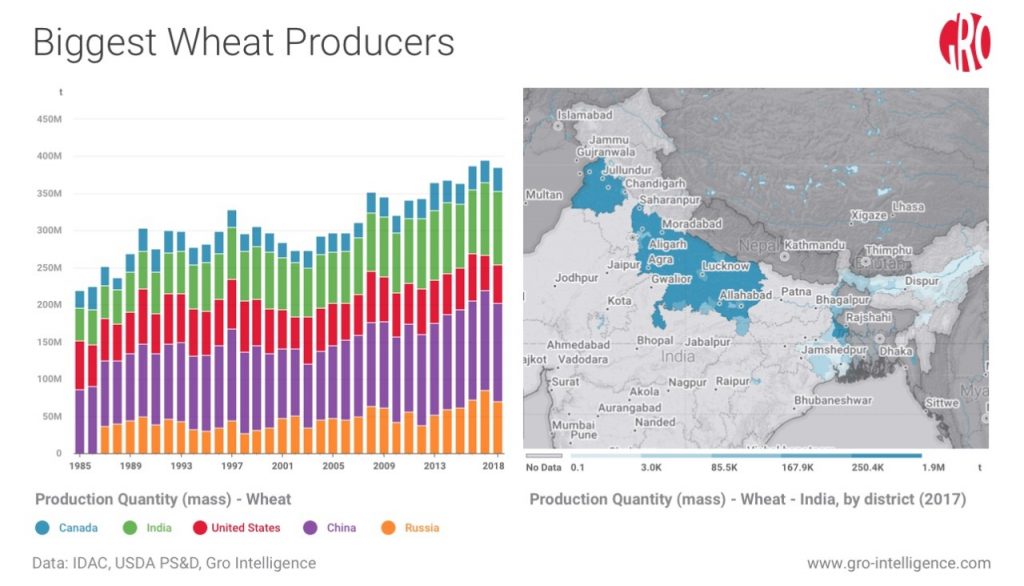
Reports said the UP government had set up 5,500 purchase centres across the states for procurement of wheat. It has also started a system of online tokens so that there is no crowding in the markets.
The centre in-charge will then generate an online token in a week’s time, and the same will be sent to the farmer through an SMS. If any unregistered farmer comes to the purchase centre with Aadhaar card, he can be registered right there.
[splco_quote]“Labour shortage is a big problem this year; there’s no one to work in the fields. We somehow managed to harvest the wheat crop engaging our family members and fellow villagers,” said Shubash Chaudhury, a farmer-leader from Western Uttar Pradesh, the main wheat growing belt in the state. [/splco_quote]
He said the state had increased the procurement centres and planned to ensure smooth movement of tractors and manpower at the mandis while maintaining all Covid-19 guidelines.
In Madhya Pradesh, the state government has introduced a system of ‘sauda patrak’ which is like a contract between a trader and farmer, and is issued by the Agriculture Produce Marketing Committees (APMC). The farmer does not bring his entire produce to the mandi, but just a sample of the crop.
Based on the sample, the buyer purchases the crop from the farmers-doorstep or any other designated outside the usual mandi while the sales are recorded in the mandi’s records. A trader can purchase 25-30 per cent of produce through the ‘sauda patrak’ system. The buyer is given custody of the produce only after he makes full payment.
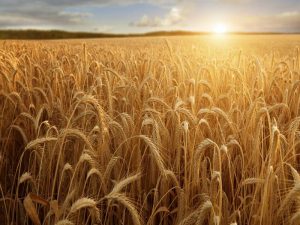
However, critics say the system, which apparently was discontinued several years ago in the state, does not give a good price to the farmer as there is no open auctioning system. It has also opened 4,305 purchase centres for wheat.
However, wheat procurement won’t start in Indore, Ujjain and Bhopal divisions of the state due to the lockdown upset farmers.
Although typically a routine exercise conducted without much fuss, this harvest is different.
[splco_quote]Wheat procurement and the marketing of rabi crops look problematic due to the Covid-19 restrictions, especially social distancing norms, and shortage of workers in the middle of the peak harvesting season. Modi led centre government should take initiative and convince northern state CMs meeting and swiftly address this wheat harvest procurement crisis that has bumper production of all time high of over 106.21 million tonnes . [/splco_quote]

